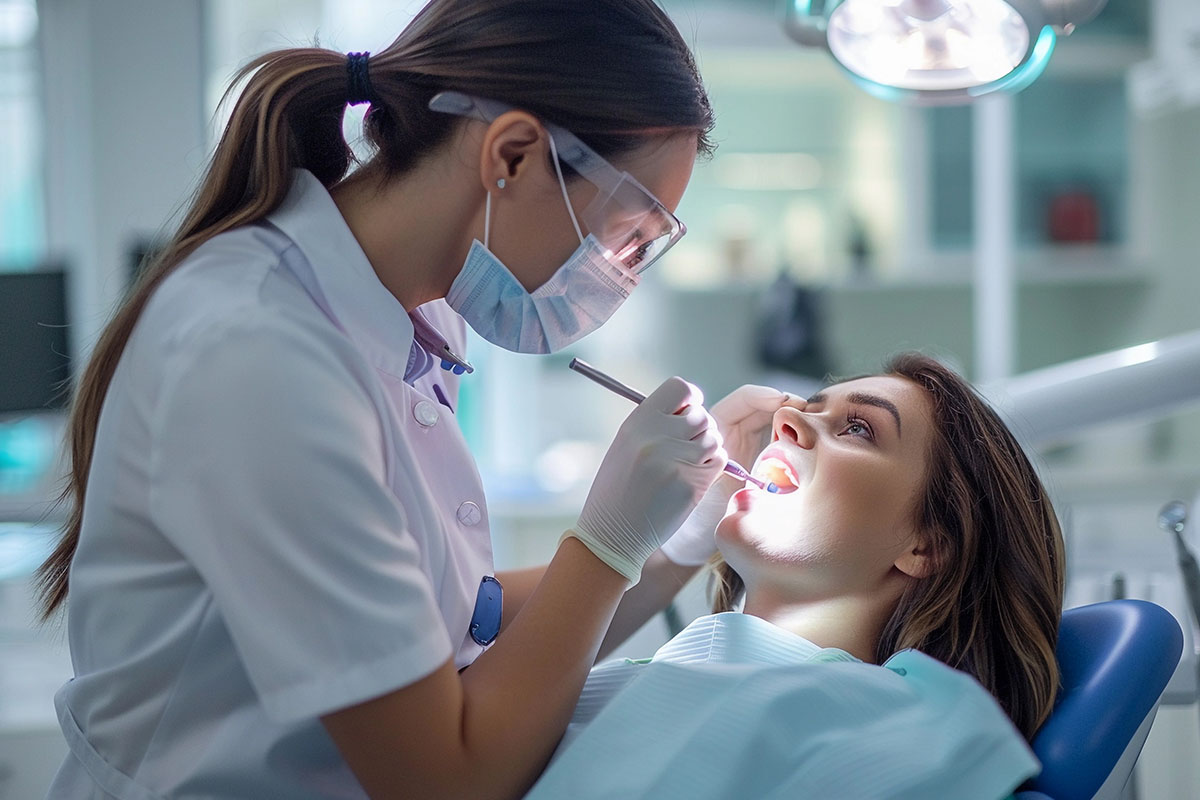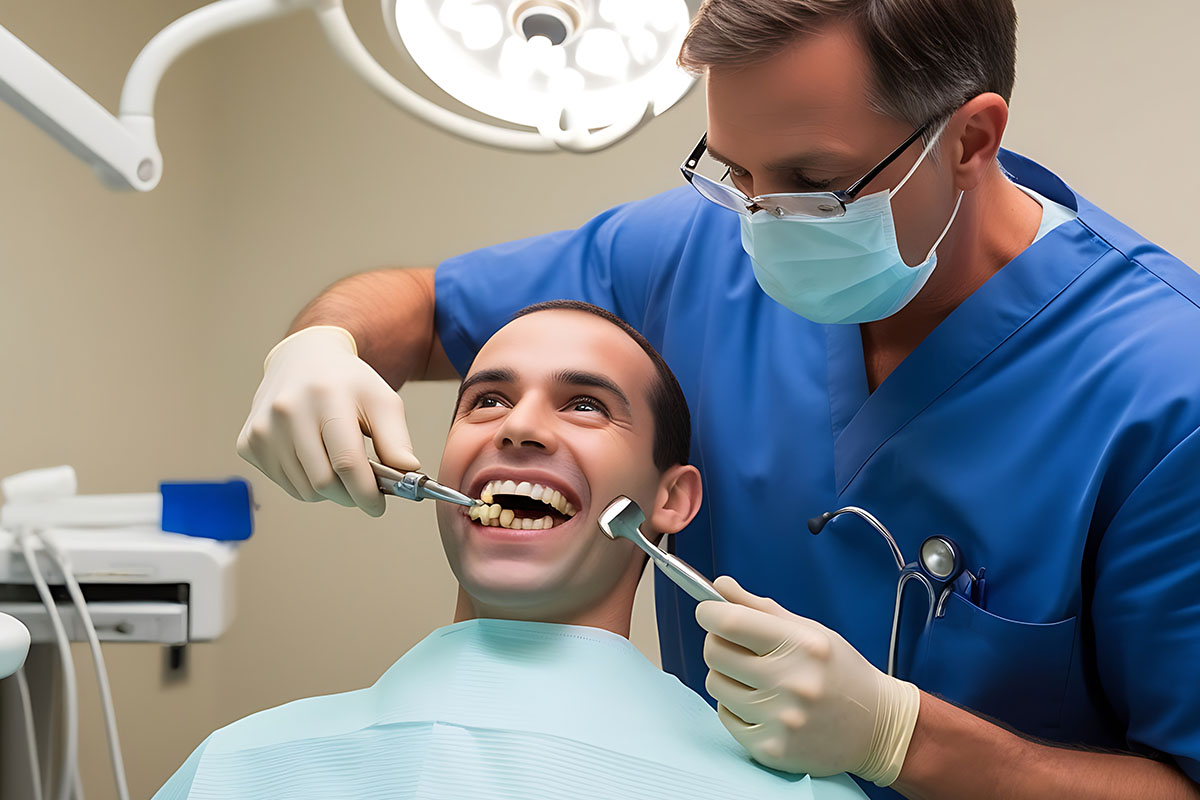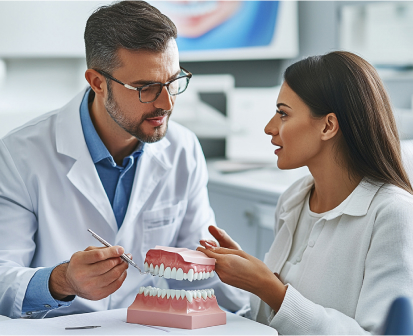




Learn how Dental Membranes can enhance the success and effectiveness of various dental procedures, such as dental implants, bone grafts, and gum surgery.
Dental membranes, also known as barrier membranes or guided tissue regeneration membranes, are thin, semi-permeable materials used in periodontal and implant dentistry. They are placed between the soft tissue and bone to aid in regenerating lost bone and gum tissue.
Dental membranes can be made of various materials, including synthetic polymers, natural collagen, or biologically-derived materials. They are designed to act as physical barriers, preventing soft tissue from migrating into the area where bone or tissue regeneration is desired. This allows cells and growth factors to accumulate and form new tissue in the desired location. This blog lays out five things you need to know about dental membranes.

The primary function of dental membranes is to facilitate the regeneration of tissues. This is achieved thanks to a barrier between different tissues in the oral cavity. Dental membranes promote the growth of bone and other desired tissues while preventing the ingrowth of unwanted tissues. They also protect the underlying tissues from mechanical stresses during healing, providing a stable environment for tissue regeneration. Depending on the procedure and desired outcome, membranes can be resorbable or non-resorbable.
Two primary dental membranes are used in dentistry: resorbable and non-resorbable. Resorbable membranes are materials the body can break down over time. These membranes are designed to dissolve and be absorbed into the body, eliminating the need for a second surgery to remove them. Non-resorbable membranes, on the other hand, are made of materials that do not dissolve and remain in the body permanently. Both types of membranes pass the biocompatibility test and promote tissue regeneration.
Dental membranes are used in various dental procedures, including implant dentistry, periodontal surgery, and ridge augmentation. In implant dentistry, membranes protect the bone around the implant during healing and prevent soft tissue ingrowth. In periodontal surgery, membranes promote the regeneration of periodontal ligament and bone. In ridge augmentation, membranes are used to guide the growth of bone in a specific direction.
The preparation of dental membranes can vary depending on the type of material used, but some general steps involved in their preparation include:
Overall, dental membranes are essential for periodontists and implant dentists to promote the regeneration of lost bone and gum tissue and ultimately improve patient outcomes.
We always take care of your smile
+90 532 454 98 80
The goal of our clinic is to provide friendly, caring dentistry and the highest level of general, cosmetic, and specialist dental treatments.
© My World Dental 2025 All right reserved.